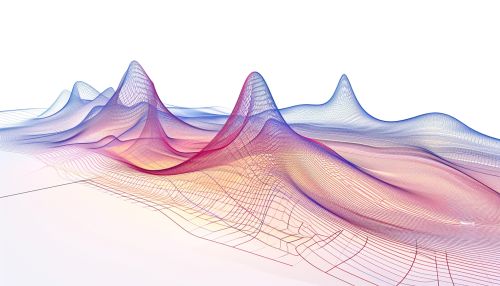Morse Theory
Introduction
Morse theory is a branch of differential topology that studies the topology of manifolds using smooth functions. Named after mathematician Marston Morse, the theory provides a link between the algebraic topology and the differential topology of manifolds.


Basic Concepts
Morse theory is based on the study of critical points of smooth functions. A critical point of a function is a point where the derivative is zero. In the context of Morse theory, these points are of particular interest because they provide information about the topology of the underlying space.
Morse Functions
A morse function is a smooth function that has non-degenerate critical points. This means that the second derivative at each critical point is non-zero. Morse functions are important in Morse theory because they allow for the decomposition of a manifold into simple pieces.
Critical Points and Indices
The index of a critical point is the number of negative eigenvalues of the Hessian matrix at that point. The index gives information about the local behavior of the function near the critical point. For example, a critical point with index zero is a local minimum, while a critical point with index one is a saddle point.
Morse Inequalities
The morse inequalities provide a relationship between the number of critical points of a Morse function and the topology of the manifold. They are a powerful tool in Morse theory because they allow for the computation of the Betti numbers of a manifold using only the critical points of a Morse function.
Morse Homology
morse homology is a homology theory built using Morse functions. It provides a way to compute the homology groups of a manifold using the critical points of a Morse function. The basic idea is to consider the flow lines of the gradient of the Morse function, and to use these flow lines to define a boundary operator.
Applications of Morse Theory
Morse theory has many applications in various areas of mathematics and physics. For example, it is used in the study of symplectic topology, hamiltonian dynamics, and string theory. It is also used in the study of riemannian geometry, where it provides a way to understand the topology of the space of geodesics.
